

This year ERS celebrates 30 years of recognising the excellence, contributions, and involvement of members within the society. Annually, ERS presents an array of prestigious awards to acknowledge scientific merit and engagement within the ERS by honouring exceptional members for their exemplary achievements and potential for further outstanding developments in all respiratory areas and within the society.
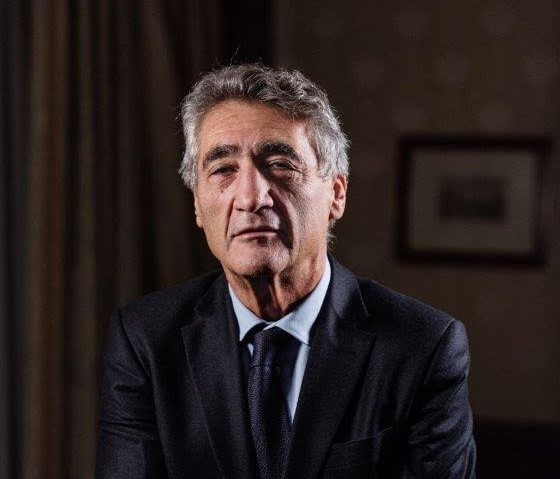

Gérald Simonneau, MD, PhD, is Emeritus Professor at the Université Paris-Saclay, France. He founded the French national reference centre for pulmonary hypertension in 2004, which he then led between 2004 and 2016, at the Antoine Béclère hospital, and then later at the Kremlin Bicetre hospital (assistance publique-hopitaux de Paris and Paris-Saclay university).
His research career focused initially on intensive care and acute pulmonary embolism, then dedicating his research to pulmonary hypertension, with a first publication in the New Engl J Med in 1981 (G Simonneau et al. Inhibition of hypoxic pulmonary vasoconstriction by Nifedipine). He has received several international distinctions, among them the ERS lifetime Achievement in pulmonary vascular diseases in 2020.
He has published widely in the fields of pulmonary hypertension, pulmonary embolism and intensive care in peer-reviewed journals including New England Journal of Medicine, The Lancet, Circulation, JACC, Eur Respir J and Eur Heart J. Clarivate Analytics listed Gerald Simonneau as one of the world’s most highly cited researchers in the field of clinical medicine for 2018, 2019 and 2020 and 2021. In 2022, his h-index in the Google Scholar Citations database was 147 (134,533 citations).
Gérald was co-chair of the 4th, 5th and 6th World Congress on Pulmonary Hypertension held in 2008, 2013 and 2018.
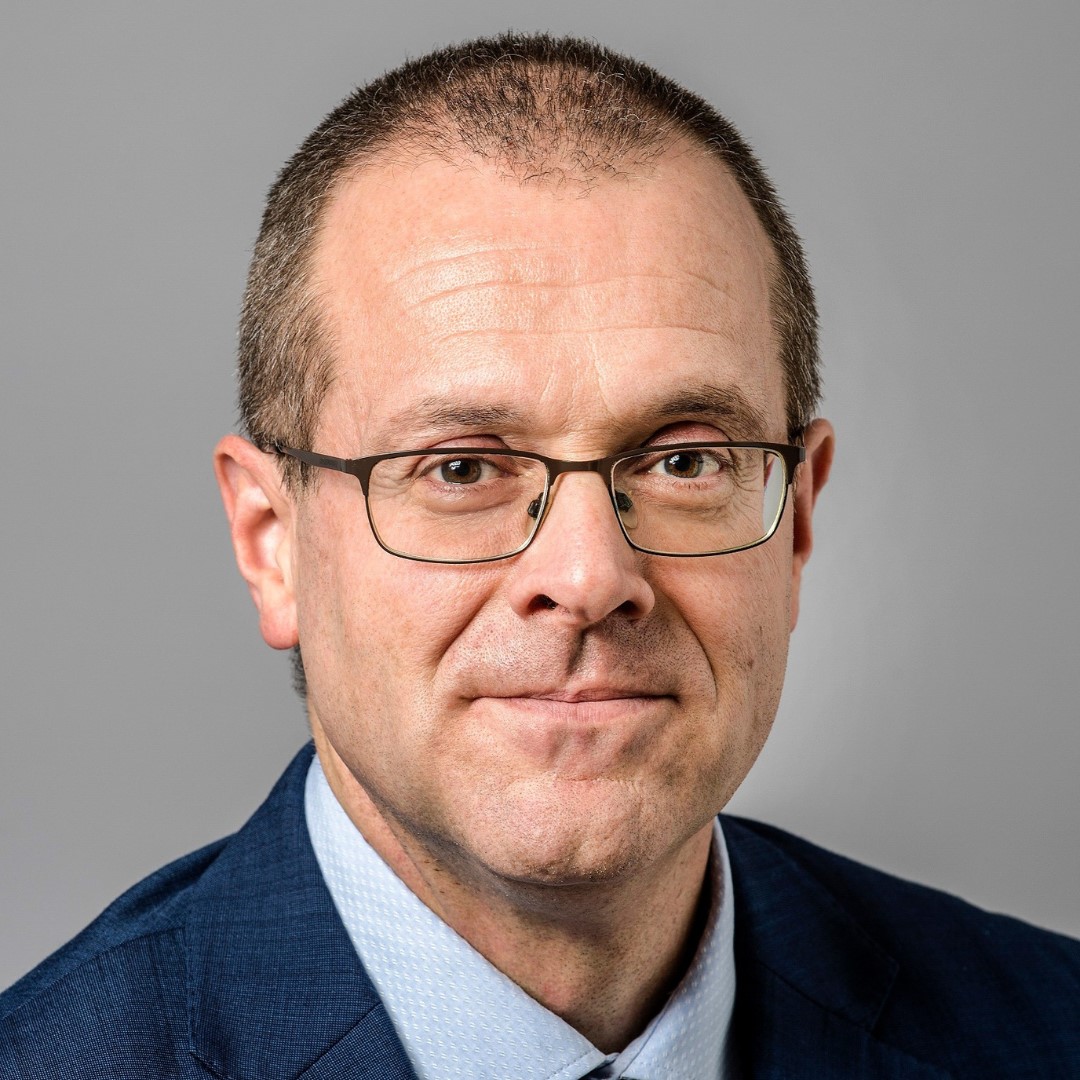

Dr Hans Henri P. Kluge began his term as WHO Regional Director for Europe on 1 February2020, following his nomination by the WHO Regional Committee for Europe and appointment by the WHO Executive Board.
He has 25 years of experience in medical practice and public health in numerous settings around the world. Having qualified in medicine, surgery and obstetrics from the Catholic University of Leuven in 1994, he began his career as a family doctor in Belgium.
On assignment with Médecins Sans Frontières (MSF) Belgium from 1995, his international experience started in emergencies, working in Liberia and Somalia, coordinating a tuberculosis (TB) control programme and providing medical and public health services in conflict zones. Dr Kluge’s work for MSF in TB control continued with a posting coordinating programmes in prisons in Siberia, and then as the Regional TB Advisor for former Soviet Union countries in Moscow, Russian Federation.
Dr Kluge joined WHO in 1999, as TB and TB-HIV Project Manager at the WHO Country Office in the Russian Federation. During 2004–2009 his focus expanded, as Medical Officer for TB and then becoming Team Leader for the 3 diseases unit (HIV, TB and malaria) at the WHO Country Office in Myanmar, as well as working as a consultant to the Democratic People’s Republic of Korea on TB.
In 2009, Dr Kluge moved to the WHO Regional Office for Europe, and the following year was appointed Director of the Division of Health Systems and Public Health, and Special Representative of the Regional Director to Combat Multi/Extensively Drug-Resistant Tuberculosis. As division director, he led the development of a new WHO European Region vision on health systems for prosperity and solidarity; drove work on a regional study on universal health coverage and financial protection; prioritized a focus on service delivery including integrated and primary health care; and built strong partnerships on health system performance and reforms with the European Commission, Organisation for Economic Co-operation and Development (OECD), World Bank, GAVI, the Global Fund to Fight AIDS, Tuberculosis and Malaria, the European Observatory on Health Systems and Policies, civil society and donors.
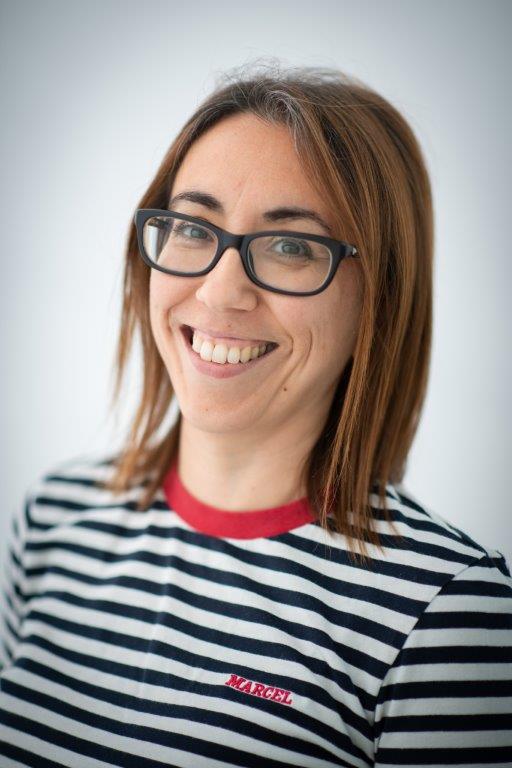

Hamida Hammad is Professor in the department of Internal Medicine at the Medical Faculty in Ghent since 2014 and holds co-PI position (with Bart Lambrecht) in the Laboratory of Immunoregulation in Zwijnaarde at VIB since 2015.
In her research, she tries to better understand how the crosstalk between airway innate immune cells and lung structural cells contributes to the development of allergic asthma, and how this crosstalk can be manipulated in early life to come up with preventive strategies against type 2 high asthma development.
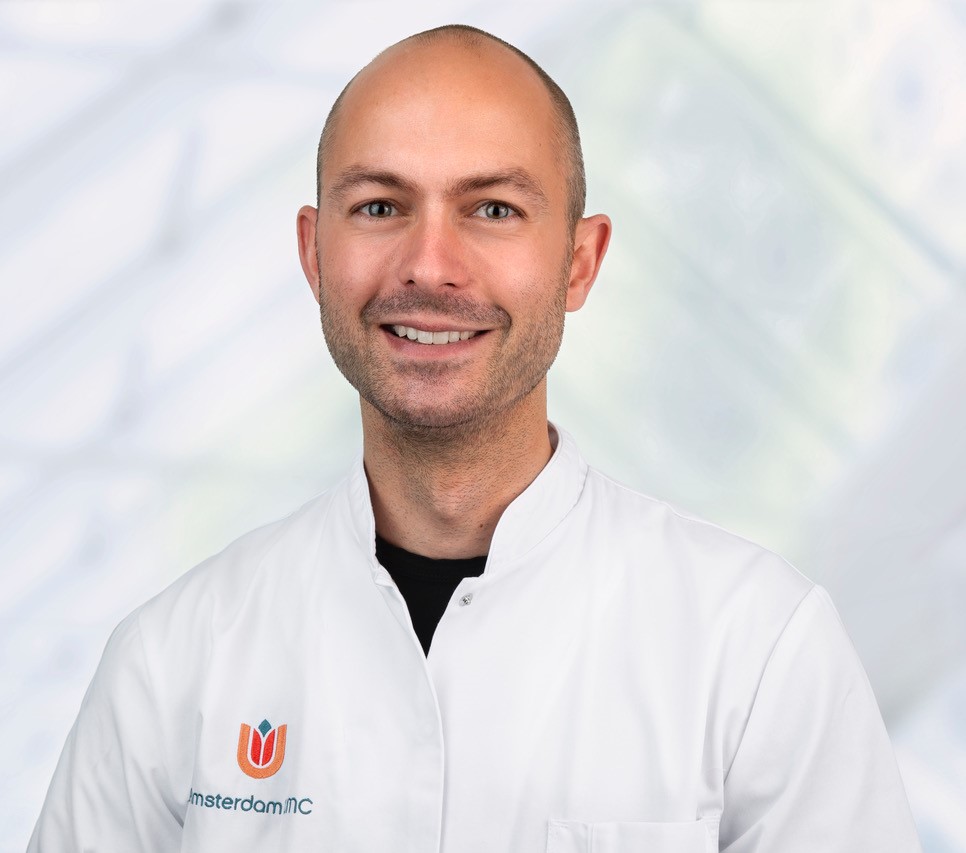

Lieuwe Bos is a clinician scientist working in Amsterdam University Medical Center, where he is training as a pulmonologist-intensivist and a principal investigator in the intensive care unit.
He co-chairs the laboratory of experimental intensive care and anaesthesiology and leads a research group consisting of 9 PhD students and 1 post-doctoral researcher who aim to identify effective personalized treatments for ARDS.
Dr. Bos recently received grants from the Dutch lung foundation and from the European Union through the innovative medicine initiative.
He has published over 180 PubMed indexed articles, mainly related to ARDS. Within the European Respiratory Society, Dr. Bos has acted as chair of the early career members committee and was a member of the integrity committee.
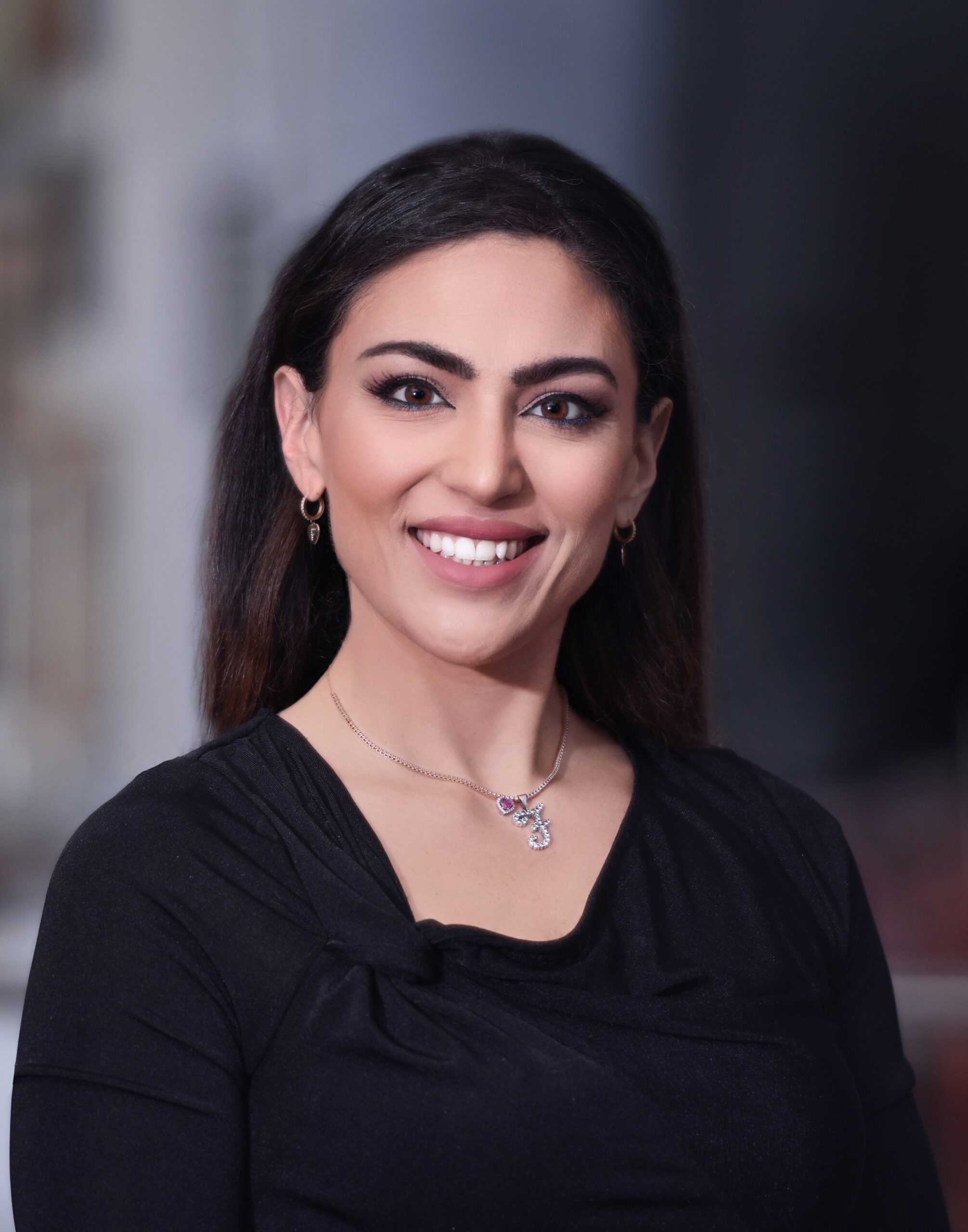

Francesca Polverino has done major contributions to the field of COPD pathogenesis. At the age of 34, Francesca became a faculty member at Harvard Medical School. She has recently been recruited as a tenured Associate Professor to the Baylor College of Medicine.
Francesca has received over 4 million dollars in research funding for her studies in COPD. She is currently an associate editor for the European Respiratory Journal.
In 2018, she was awarded the Rising Star of Research Award by the American Thoracic Society, and in 2019 she received the medal of honour for scientific merits from the Presidency of Italian Republic.
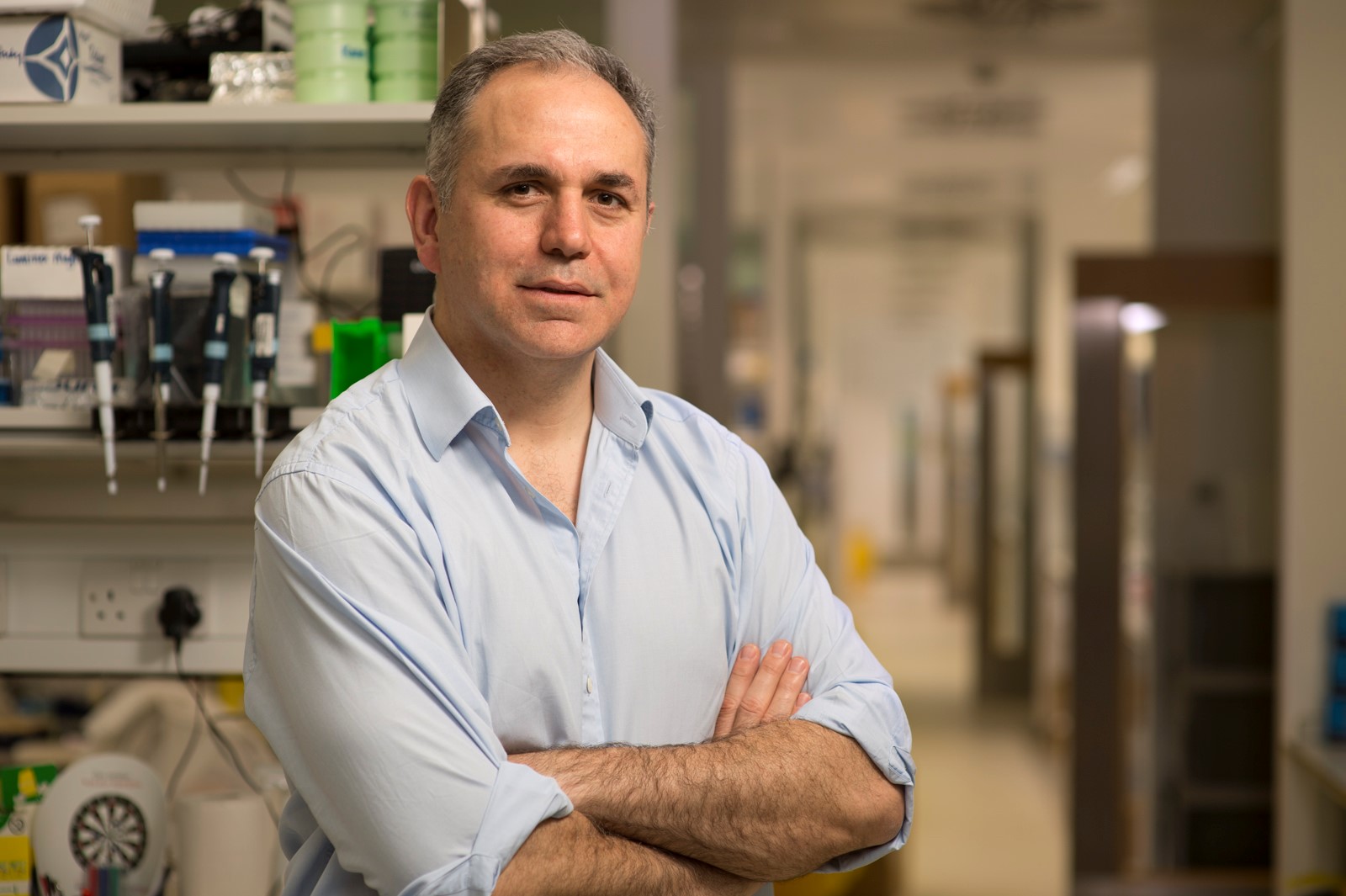

Andres Floto is Professor of Respiratory Biology in the Molecular Immunity Unit of the University of Cambridge (based at the MRC-Laboratory of Molecular Biology), Co-Director of the Cambridge Centre for AI in Medicine (CCAIM), and Director of the UK Cystic Fibrosis Innovation Hub.
His basic research is focused on understanding how mycobacteria interact with the innate immune system and evolve through transmission, how forward and reverse genetics can be combined with fragment-based drug discovery to develop novel antibiotics and host-directed therapies, and how machine learning methods, including geometric deep learning, can be used to gain systems-level understanding of mycobacterial pathobiology.
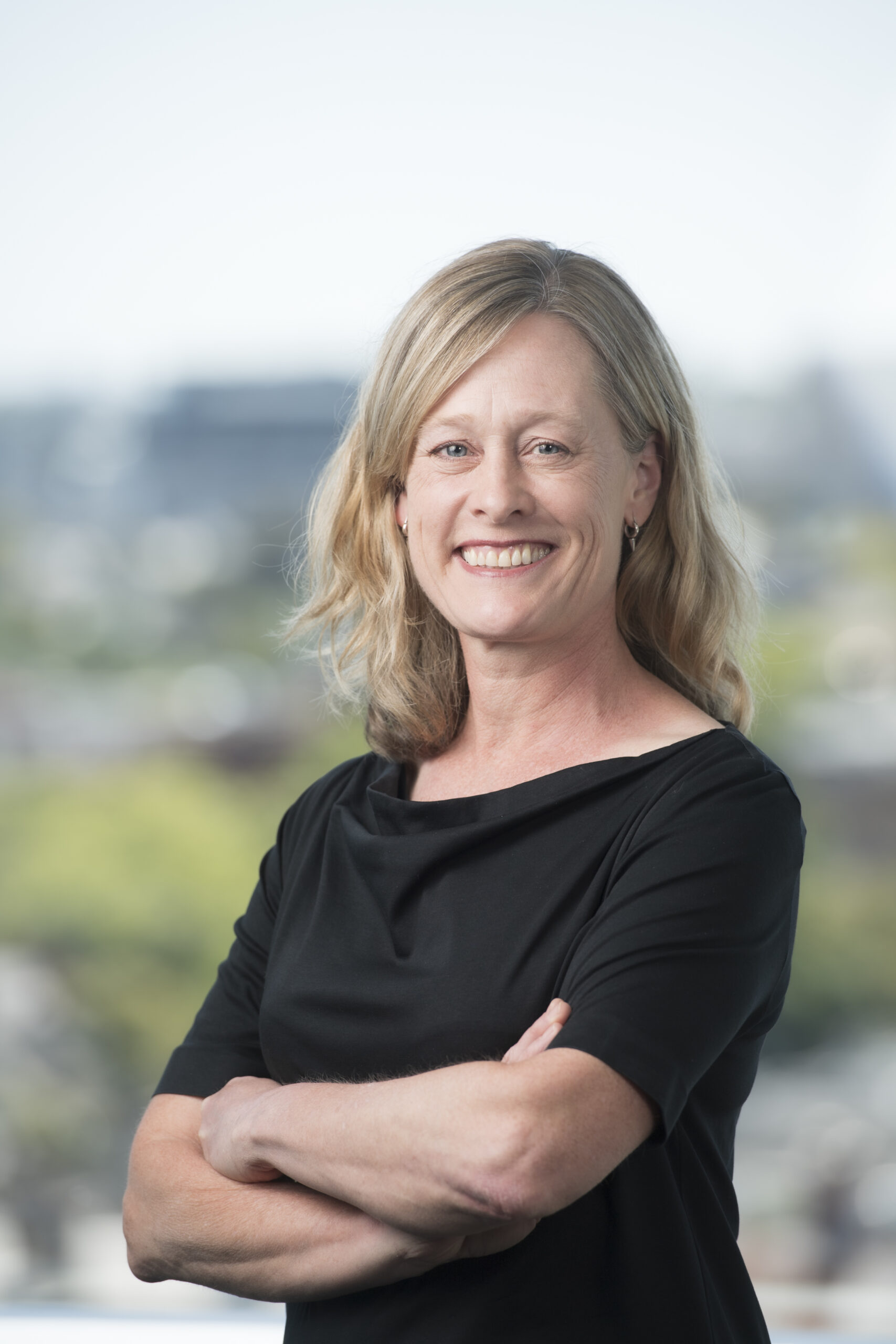

Anne Holland is Professor of Physiotherapy and Head of Respiratory Research at Monash University and Alfred Health in Melbourne, Australia.
She leads a research program that aims to improve the lives of people with chronic lung disease using non-drug treatments.
Her recent clinical trials have tested novel models of pulmonary rehabilitation to improve access and uptake, including low-cost home-based models and telerehabilitation.
Professor Holland has published over 350 peer reviewed journal articles and her publications have been cited over 20 000 times, including in 28 clinical guidelines for chronic lung disease, oxygen therapy, pulmonary rehabilitation, and respiratory management.
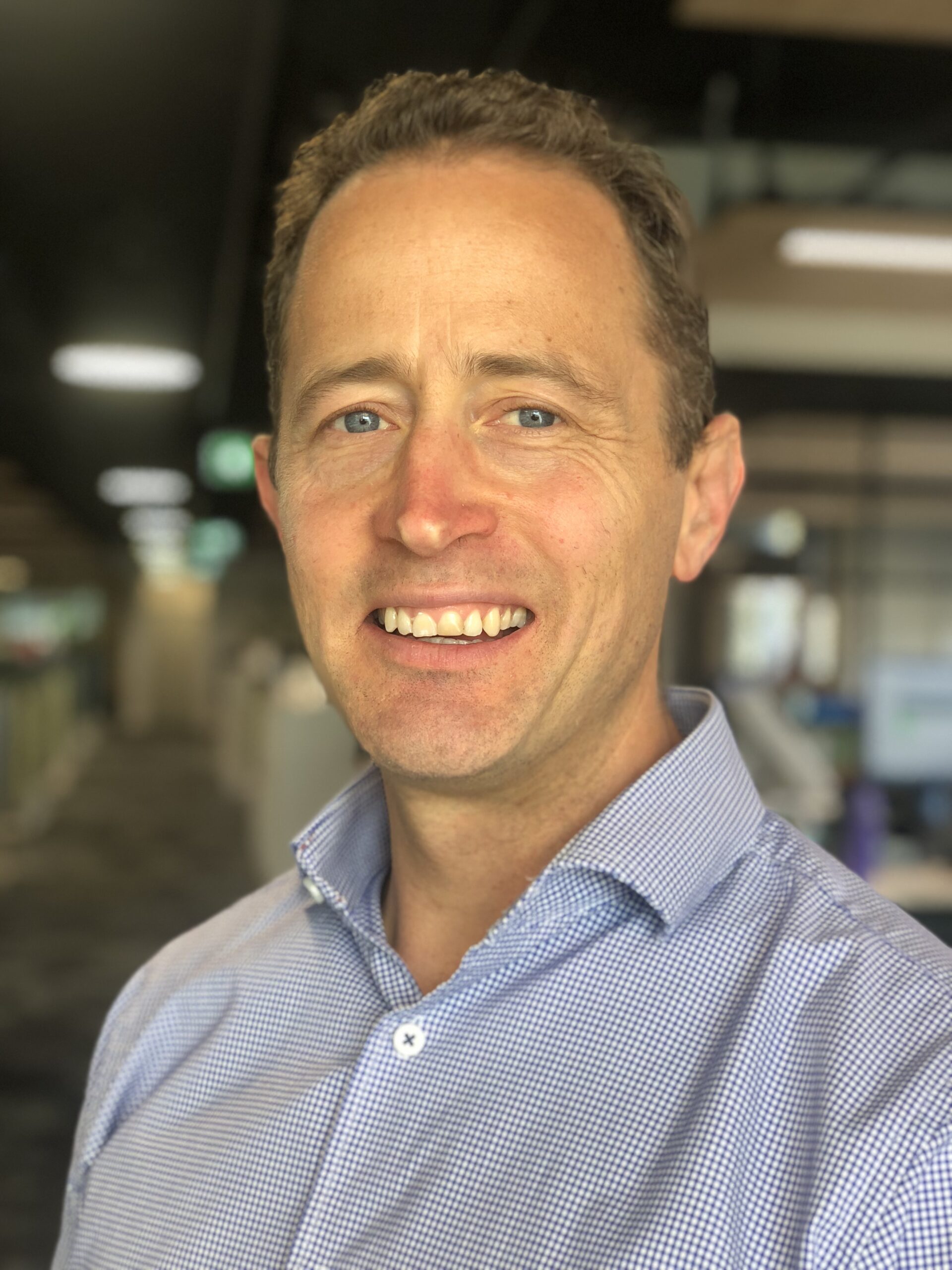

Associate Professor Daniel Steinfort is a Respiratory Physician at the Royal Melbourne Hospital, and Principal Research Fellow at the University of Melbourne.
A/Prof Steinfort has authored over 140 medical articles on lung cancer and respiratory disease, with his particular field of expertise being Interventional Pulmonology.
He has led multiple international research collaborations in diagnosis & staging of non-small cell lung cancer (NSCLC) and has been Principal Investigator for multiple First-In-Human studies of bronchoscopic ablation techniques for NSCLC and other illnesses.
He is a significant contributor to active translational research programs examining the molecular and immunologic aspects of NSCLC and small cell lung cancer.
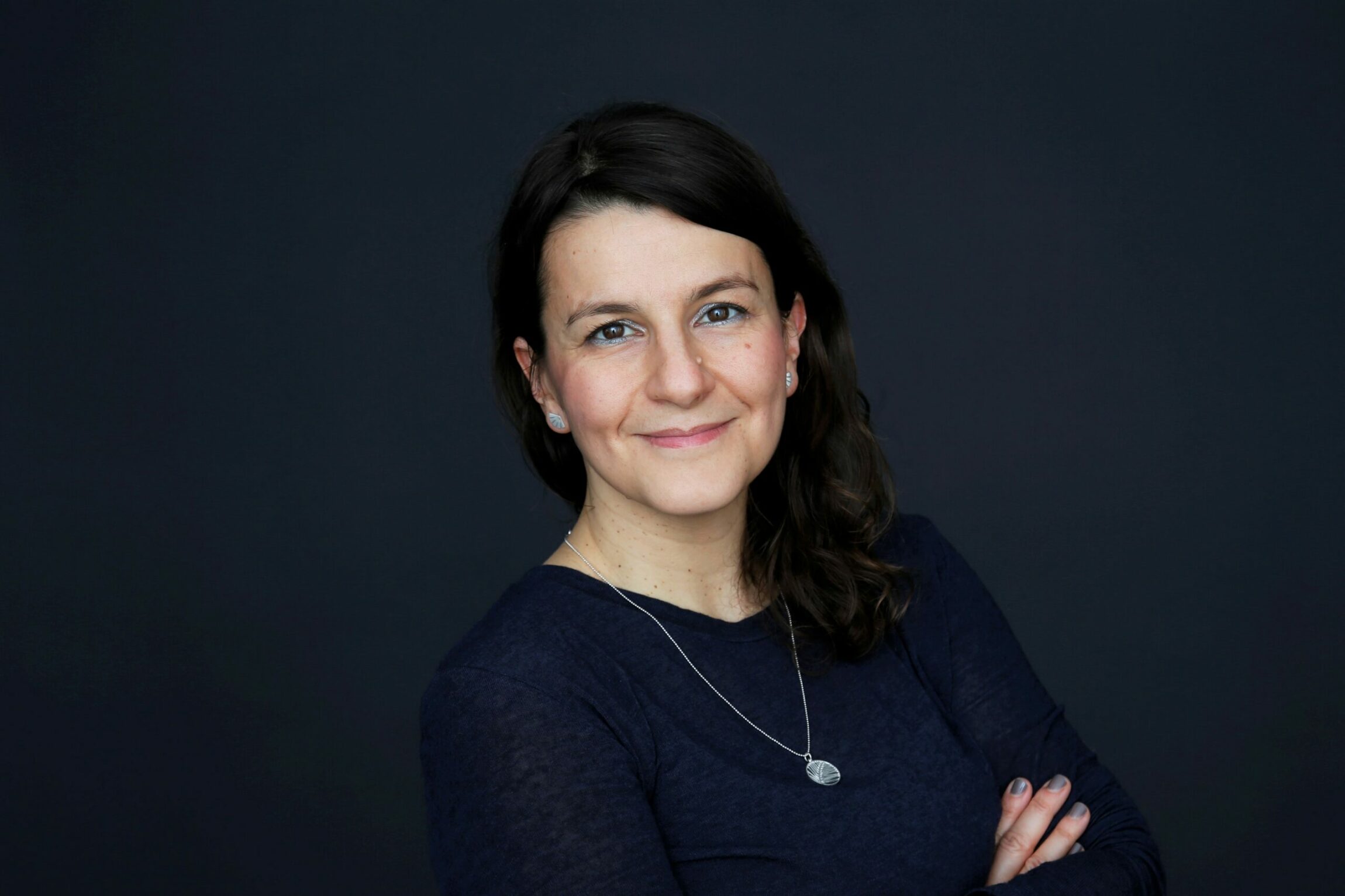

Zorana Jovanovic Andersen is a Professor in Environmental Epidemiology at the University of Copenhagen and Chair of ERS Environment and Health Committee.
Her main research is on health effects of air pollution, including lung health (asthma, COPD, pneumonia, COVID-19), but also cardiovascular diseases, diabetes, cancer, and dementia.
Prof. Andersen is passionate about advocacy on clean air and translation of knowledge from research to policy makers, as a member of the Copenhagen Municipality Air Pollution Expert Group, Danish Council for Disease Prevention, ISEE Policy Committee, International Network on Policy in Epidemiology, and WHO Global Air Pollution and Health Technical Advisory Group.
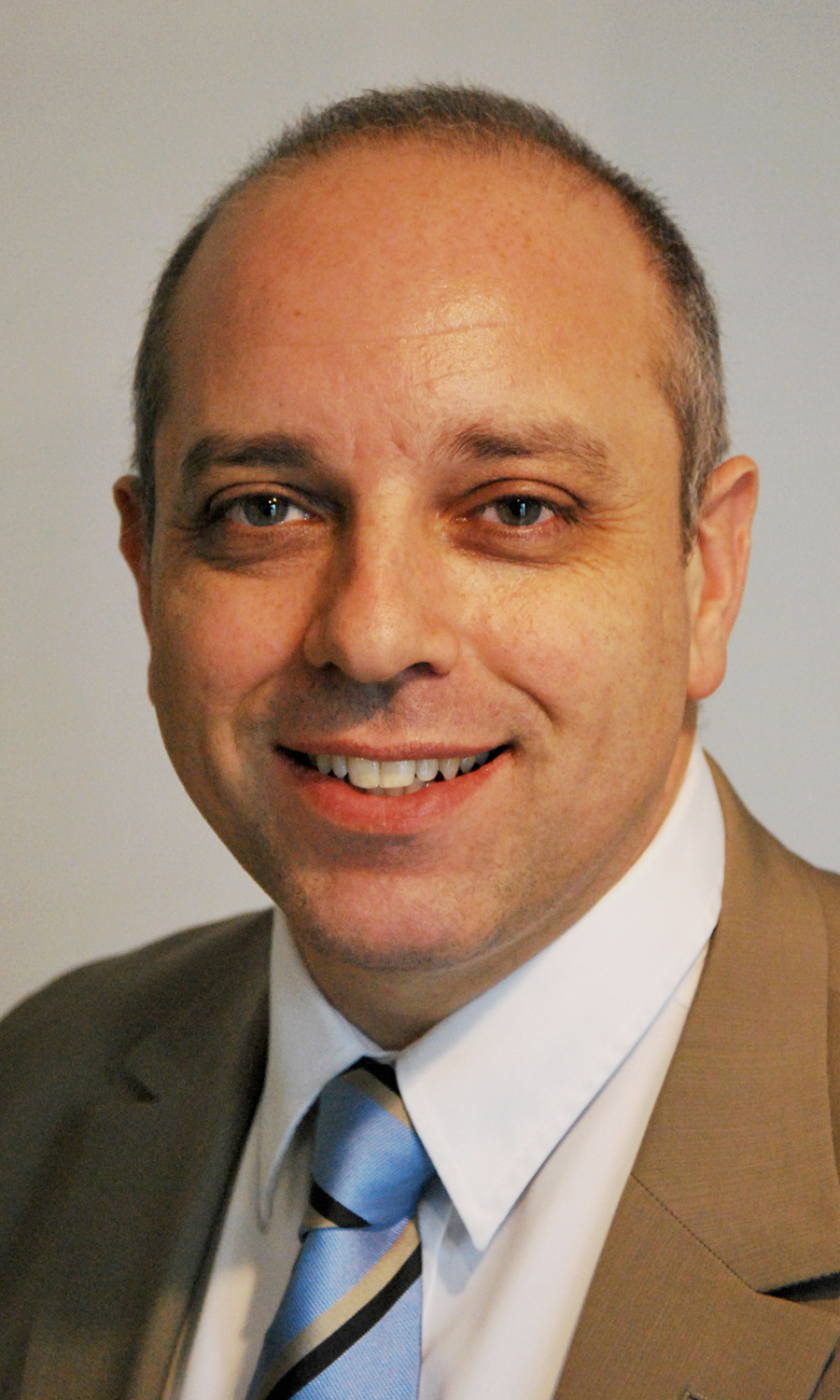

Pierre-Régis Burgel is Professor of Respiratory Medicine at Université Paris Cité, France, where he is co-Principal Investigator in the Acute and Chronic Airway Infection Laboratory (Cochin Institute, INSERM, Paris France).
Professor Burgel is a senior consultant at the Respiratory Medicine Department of Cochin Hospital in Paris and is the national coordinator of the French Cystic Fibrosis Reference Centre Network (47 CF centres).
He is vice-president of the French Cystic Fibrosis Society and associate editor of The Journal of Cystic Fibrosis. He currently serves as a member of the Scientific Committee of the ECFS Patient Registry.
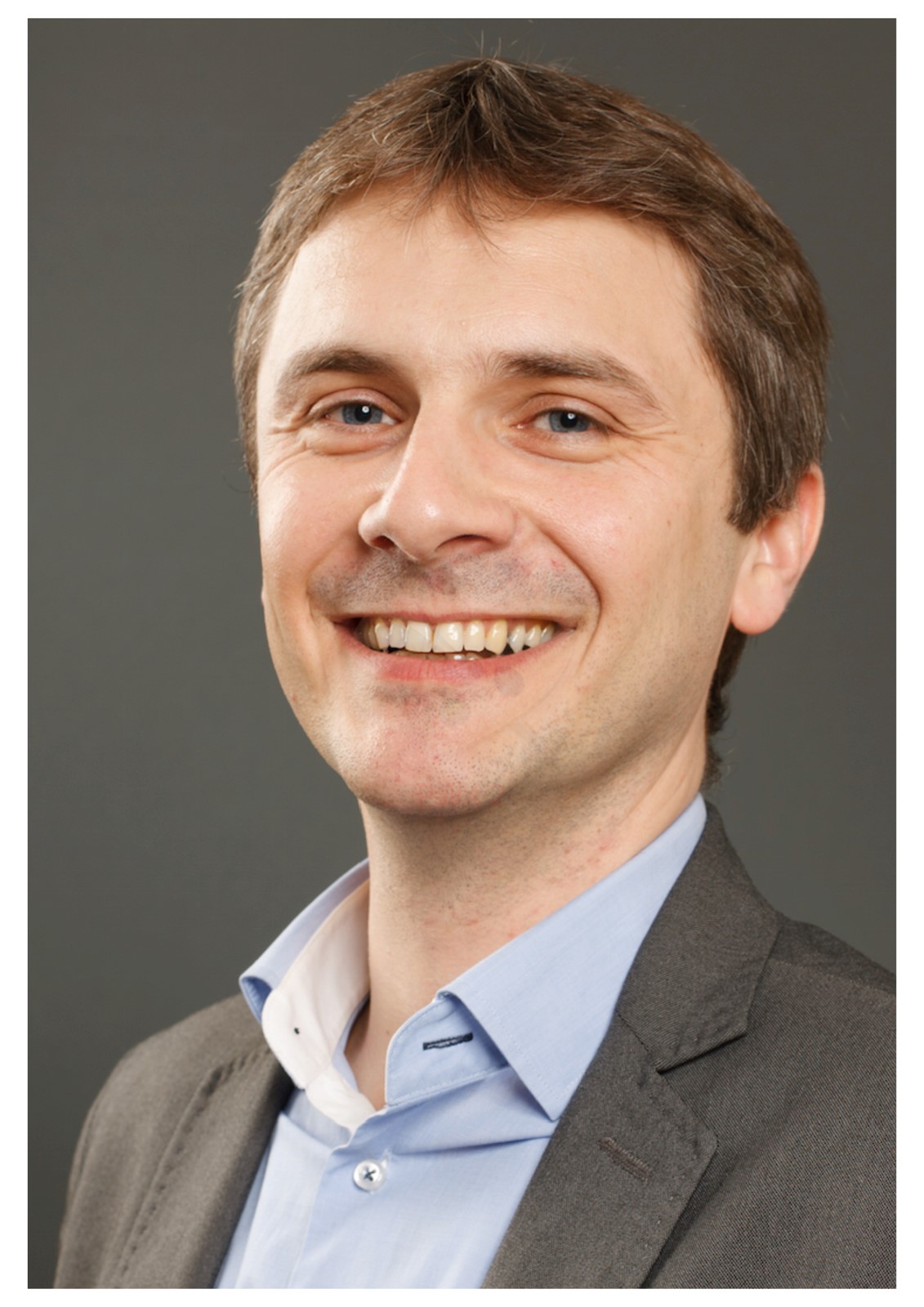

Christophe Guignabert is professor of Molecular Biology & Physiology and leads the INSERM research Team “Endothelial dysfunction & Therapeutic innovation” at the Université Paris-Saclay, France.
His research focuses on the molecular and cellular mechanisms behind the process of vascular remodeling in Pulmonary Hypertension in order to identify and validate new therapeutic targets.
His research is focused on how dysfunction in the BMP/TGF-β superfamily modulates the phenotypic heterogeneity of the pulmonary endothelium and on how pulmonary endothelial cells interact with their environment.
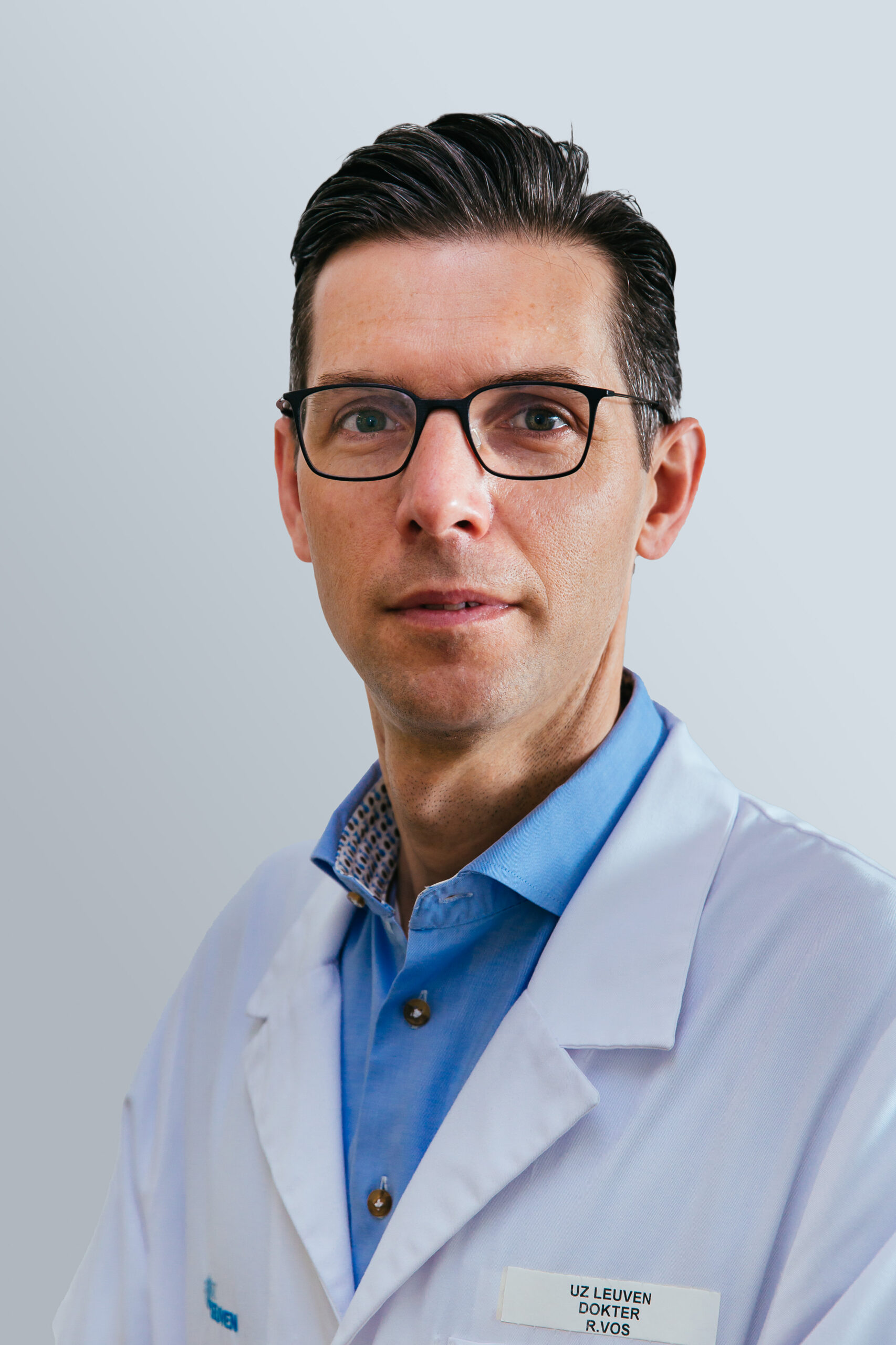

Robin Vos (°1979) is Associate Professor and Deputy Head of Clinic of the Dept. of Respiratory Diseases at KU Leuven and University Hospitals Leuven, Belgium.
He is a Senior Clinical Research Fellow of the Research Foundation-Flanders (FWO), Fellow of ERS (FERS), Past ERS Chair of Group 08.02-Transplantation, and Chair of the European Cardio Thoracic Transplant Association (ECTTA).
His clinical and translational research is focused on the pathophysiology and treatment of post-transplant lung graft rejection and pulmonary chronic graft-versus-host-disease.
He has co-authored >200 publications, is supported by national and international research funds, and his scientific work has been awarded several times.
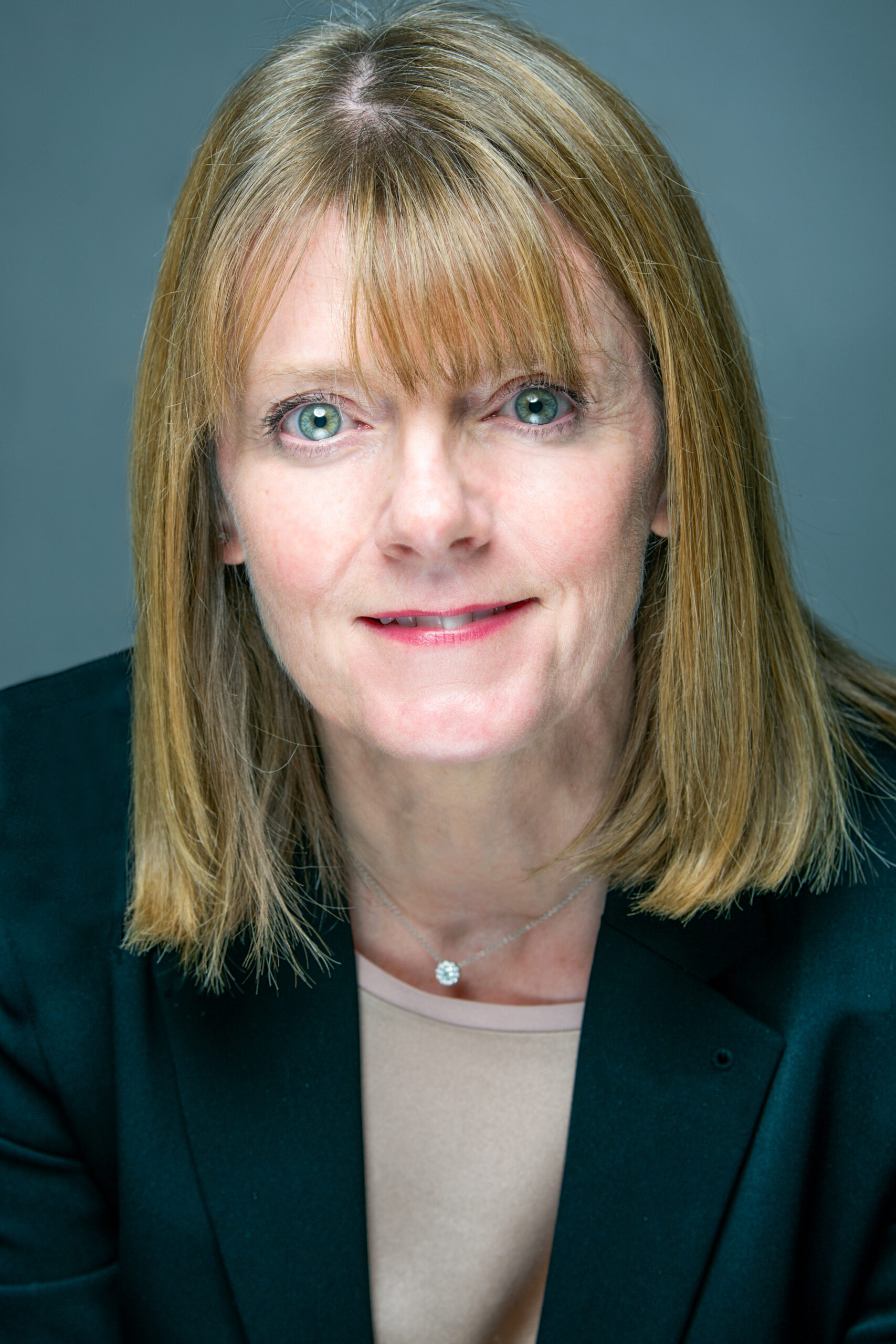

Rachel C. Chambers is Professor of Respiratory Cell and Molecular Biology and Director of the Centre for Inflammation and Tissue Repair (CITR) within the Division of Medicine at University College London (UCL).
She has had a longstanding research interest aimed at elucidating the signalling pathways and transcriptional networks underlying the development of lung inflammation and fibrosis.
She has published over 130 articles in peer-reviewed journals and has held senior academic leadership positions, including serving as Vice-Dean for Innovation & Enterprise for the UCL Faculty of Medical Sciences (2013 to 2021).
She served as ERS Lung Science Conference and Seminars Director (2016 to 2019) and is currently Deputy Editor of Thorax and Associate Editor of the European Respiratory Review.
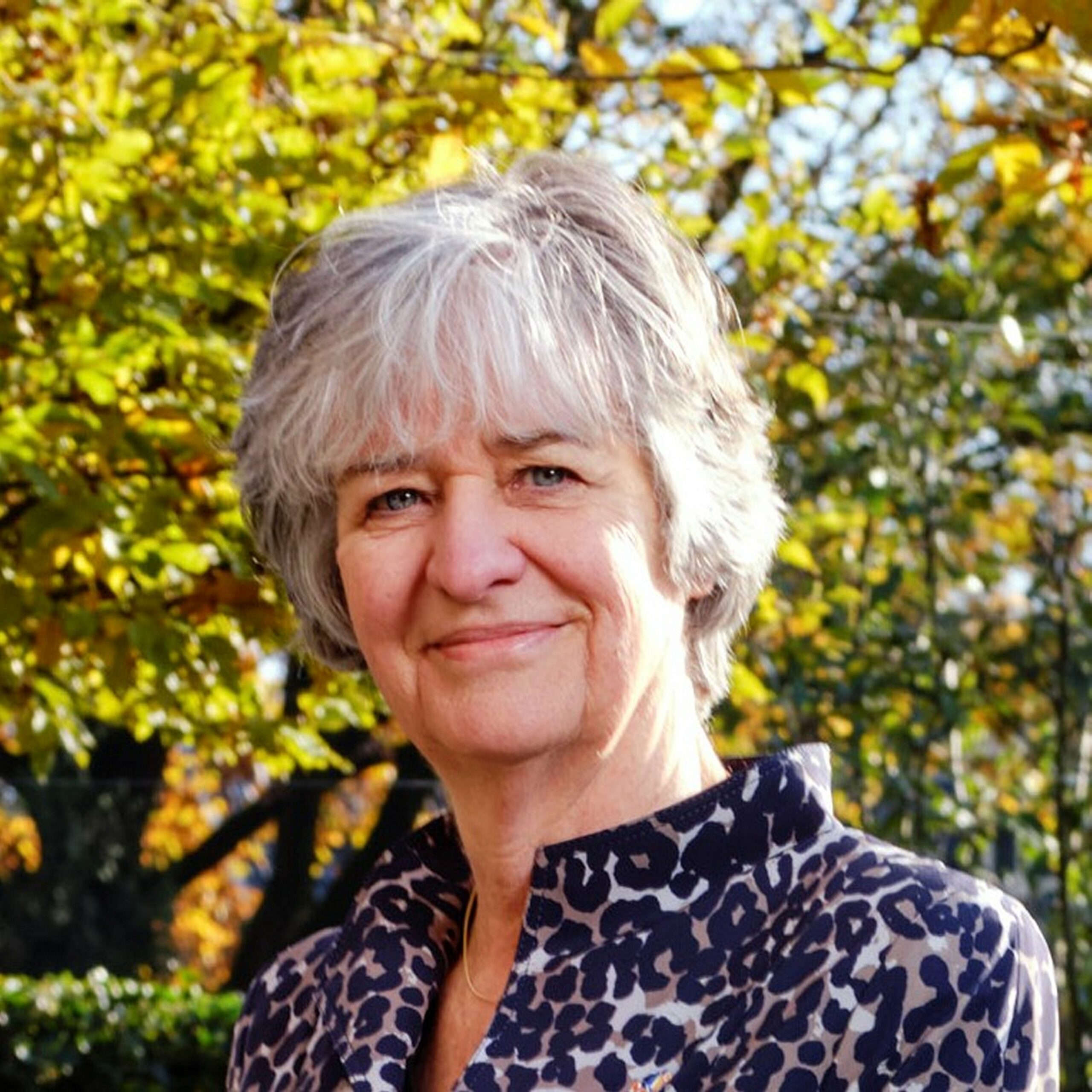

Prof. Marjolein Drent is a pulmonologist and member of the ILD Center of Excellence, St. Antonius Hospital, Nieuwegein, the Netherlands. In 2005 she was appointed professor of interstitial lung diseases (ILD) in the Department of Pharmacology and Toxicology at Maastricht University. She is an honorary member of Sarcoidose.nl and co-founder and member of the advisory board of the Dutch Pulmonary Fibrosis Society. She is president emeritus of the World Association of Sarcoidosis and other Granulomatous Disorders (WASOG), founder and chair of the ILD care foundation (www.ildcare.nl). She is chief editor of Curr Opin Pulm Med. She has (co-) authored over 450 papers and book chapters.
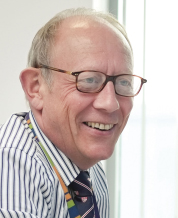

Paul A. Corris, Emeritus Professor of Thoracic Medicine, Newcastle University UK, and Chairman of the Pulmonary Vascular Research Institute (PVRI) played significant roles in developing clinical lung transplantation, and the supervision, training, and mentorship of young physicians throughout the world.
Known for his integrity, leadership and straight talking, he is the recipient of prior awards including the British Thoracic Society’s Medal and PVRI’s lifetime achievement award.
A past President of the British Thoracic Society, the International Society for Heart and Lung Transplantation and the PVRI, his retirement was marked by Newcastle University establishing a clinical and research scholarship in his name.
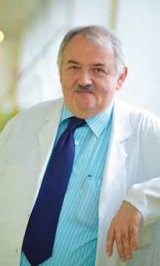

J.P. Sculier, MD, PhD, is honorary chief of the service of internal medicine at the Institute Jules Bordet (ULB, Brussels, Belgium).
Retreated (Retired?), he is still professor of internal medicine at the University (Université Libre de Bruxelles), ex-chair of the special master for thoracic oncology subspecialty and chair of the university certificate in evidence-based medicine. His own clinical expertise are oncological intensive care and thoracic oncology.
He has been promoter of 3 PhD theses dealing with thoracic oncology. He is member of the integrity board of the University.
He has been President of the European Lung Cancer Working Party and co-ordinator of the clinical trials of this cooperative group.
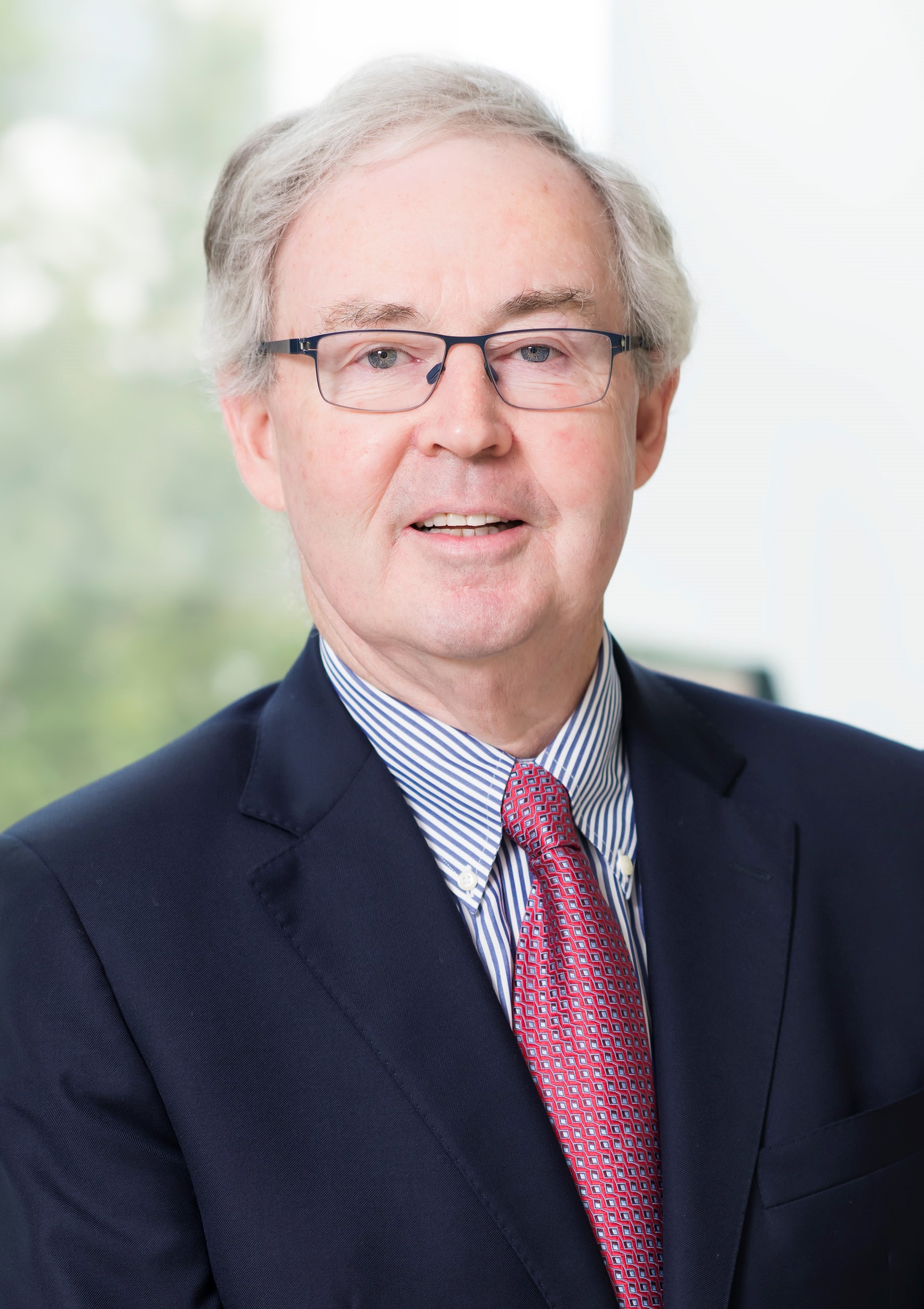

Walter McNicholas MD, FERS is Professor and Consultant Respiratory/Sleep Physician at University College and St. Vincent’s Hospital, Dublin. He has been active in basic and clinical research of sleep-disordered breathing for over 40 years (H-index 76).
Walter is Past President of both ERS and the European Sleep Research Society (ESRS) and chaired the Bi-Annual ERS-ESRS Sleep and Breathing Conference from 2011-2021.
He chaired a Working Group of the European Commission on Sleep Apnoea and Driving that led to a mandatory EU Legal Directive in 2014. Walter is a Working Group Leader of the ongoing 15-million-euro EU Horizon Grant “Sleep Revolution”.
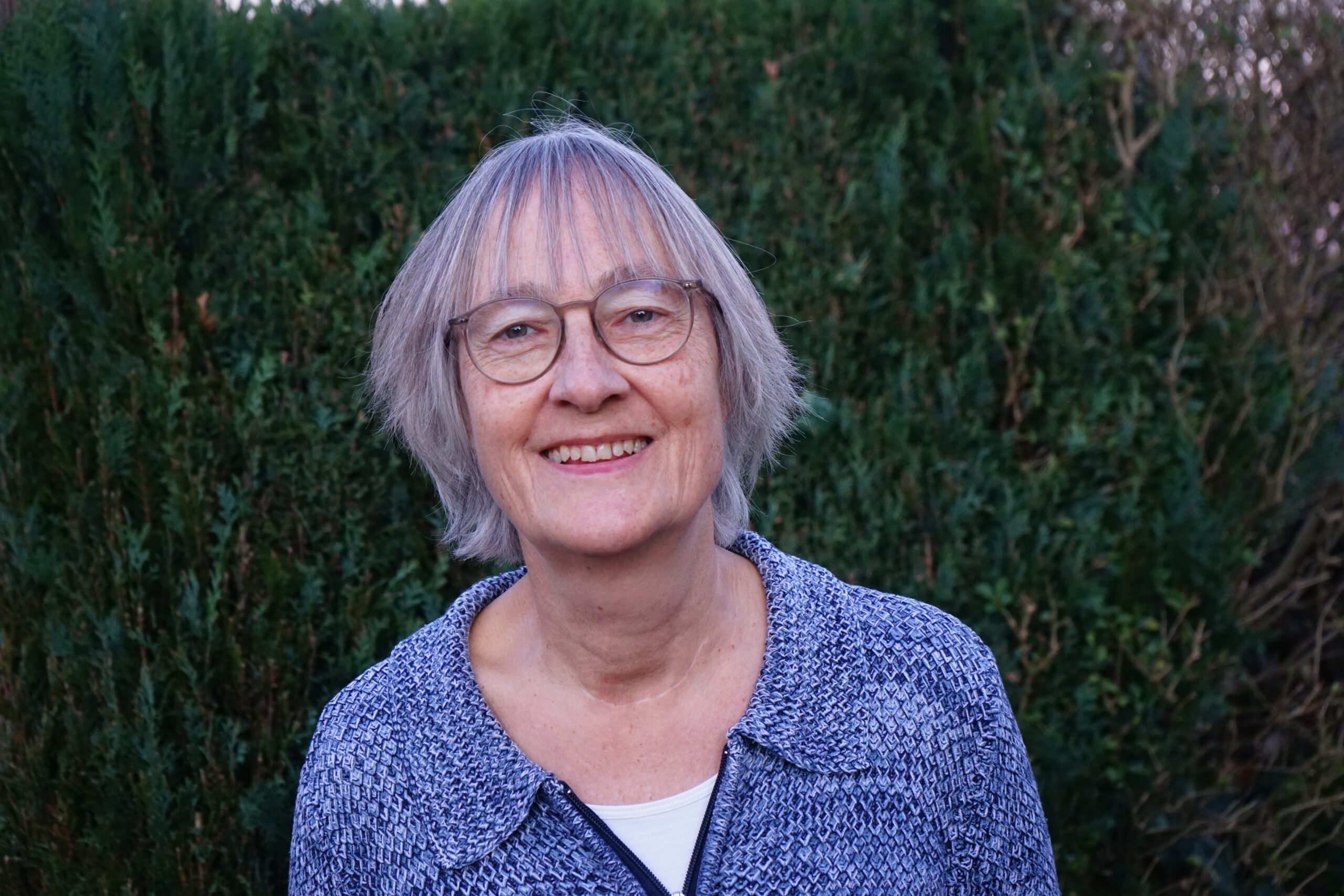

Irene Steenbruggen is a respiratory physiologist in Isala Hospital in Zwolle, The Netherlands.
The first ERS Congress she attended was in Berlin in 1997, which was a good start to meet people from across the world and develop professional links.
Her focus is on quality control in the pulmonary function laboratory, she has been involved in education on various aspects of pulmonary function testing at the national and international level.
Together with Brendan Cooper, she was co-chair of the European Spirometry Driving Licence (ESDL) project, which was launched in 2008 with the aim of harmonising training in spirometry throughout Europe. This project was a good example of a team effort between international colleagues in cooperation with ERS staff and resulting in the delivery of standardized spirometry training around the world.
Because the quality of spirometry is dependent on the quality of education, the team developed a Train-the-Trainer course to give anyone who teaches spirometry, the practical techniques, knowledge, skills, and confidence necessary to deliver effective spirometry training.
Irene Steenbruggen was involved in developing CASPIR, a comprehensive multi-disciplinary educational spirometry programme in The Netherlands. She was also involved in the development of an accreditation programme for pulmonary function laboratories in The Netherlands.
She was co-chair of the ATS/ERS Standardization of Spirometry 2019 Update. She always wants to improve the patient’s experience. Together with ELF an online survey was designed in 10 languages to collect patients’ experiences of spirometry testing. The results of the survey provided useful feedback for healthcare professionals involved in spirometry testing.
She is continuously involved in several task forces on lung function testing and in task forces of the Global Lung Function Initiative on reference equations.
Within ERS she served as Secretary and Chair of the group of Lung function technologists and scientists, and as Secretary and Head of the Allied Respiratory Professionals Assembly.
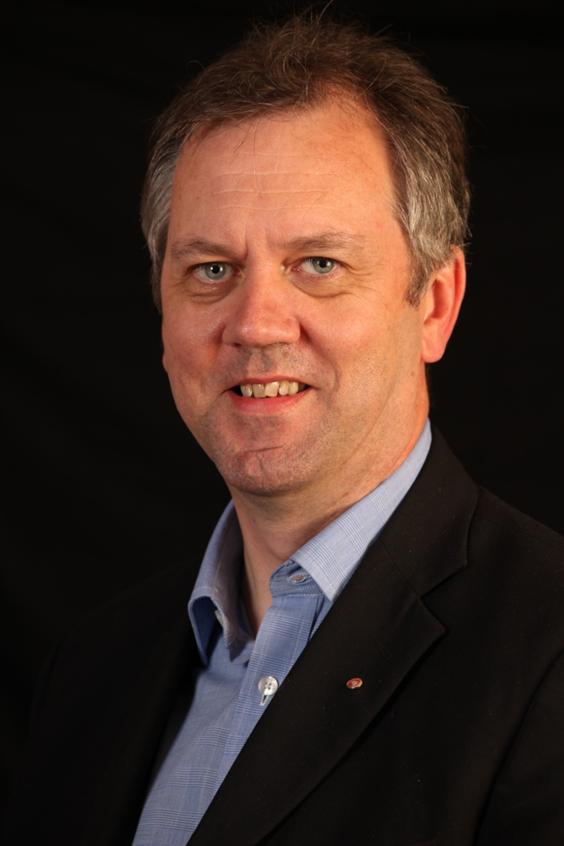

Professor Brendan Cooper is a Consultant Clinical Scientist in Respiratory & Sleep Physiology and has been a respiratory physiologist since graduating from the University of Sheffield in 1982 and was lucky enough to get his first post with Dr John Gibson at the Freeman Hospital in Newcastle. He started teaching lung function to students there, and was soon supporting respiratory undergraduate teaching at Newcastle University with Dr John Cotes and team. Using “acetates with overhead projectors” and azo slides he soon built up a collection of lectures and workshops which were used to train dozens of UK clinical physiologists at Newcastle College and beyond.
It wasn’t until he moved to Nottingham in 1992 that he began his national profile in helping to develop the ARTP Spirometry Training certificates and, and began to roll out spirometry training for primary care in response to the COPD guidelines of the day. By 1998 he was ARTP Chair and had begun to roll out spirometry training nationally with assessments and re-evaluations for all who wanted it.
His ERS career began in 2005 when as Head of Group 9.1, he connected with Irene Steenbruggen and together they launched the idea of a “European Spirometry Driving Licence” and with the encouragement and support of Pat Haslam and the incredible dedication of Sharon Mitchell in ERS HQ, they developed the training programme that spread across the Europe and around the World. By 2012 they had established the HERMES Spirometry Group, and the rest is history! They have helped to take high quality ERS spirometry training to over 20 countries, educating hundreds of nurses and healthcare workers, but most importantly they developed trainers to carry on the work within those countries. Under their joint leadership they have delivered hours of engaging, fun and high-quality spirometry training at ERS Congresses for over 10 years.
He has been fortunate enough to work with Dr Arne Drews and support NepalMed, a charity which supports respiratory healthcare and trains healthcare staff to deliver spirometry services to one of the poorest countries on earth. He firmly believes that education is the greatest route to bring the good people of the world together to help overcome adversity, deprivation and inequity, by being able to understand, care for and unite all people from every background. The ERS has been an excellent vehicle to deliver Brendan and Irene’s shared vision of quality spirometry for all.
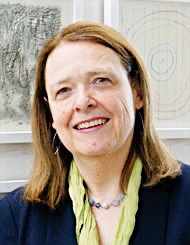

Anita Simonds was President of ERS from 2020-2021 and previously held the role of Education Council chair. She has helped in the organisation of ERS Sleep and Breathing conferences, the Respiratory Failure and Mechanical Ventilation conference, in many NIV and Sleep courses, and edited ERS Handbooks on NIV and Respiratory Sleep Disorders. Over the last year she has participated in the set-up of the ERS Respiratory Channel, and events including webinars, postgraduate courses, external courses, ERS Vision and assessments. Prof. Simonds believes that teaching is the cornerstone of ERS activities, and that we have much to learn as a team by sharing experiences during these events.
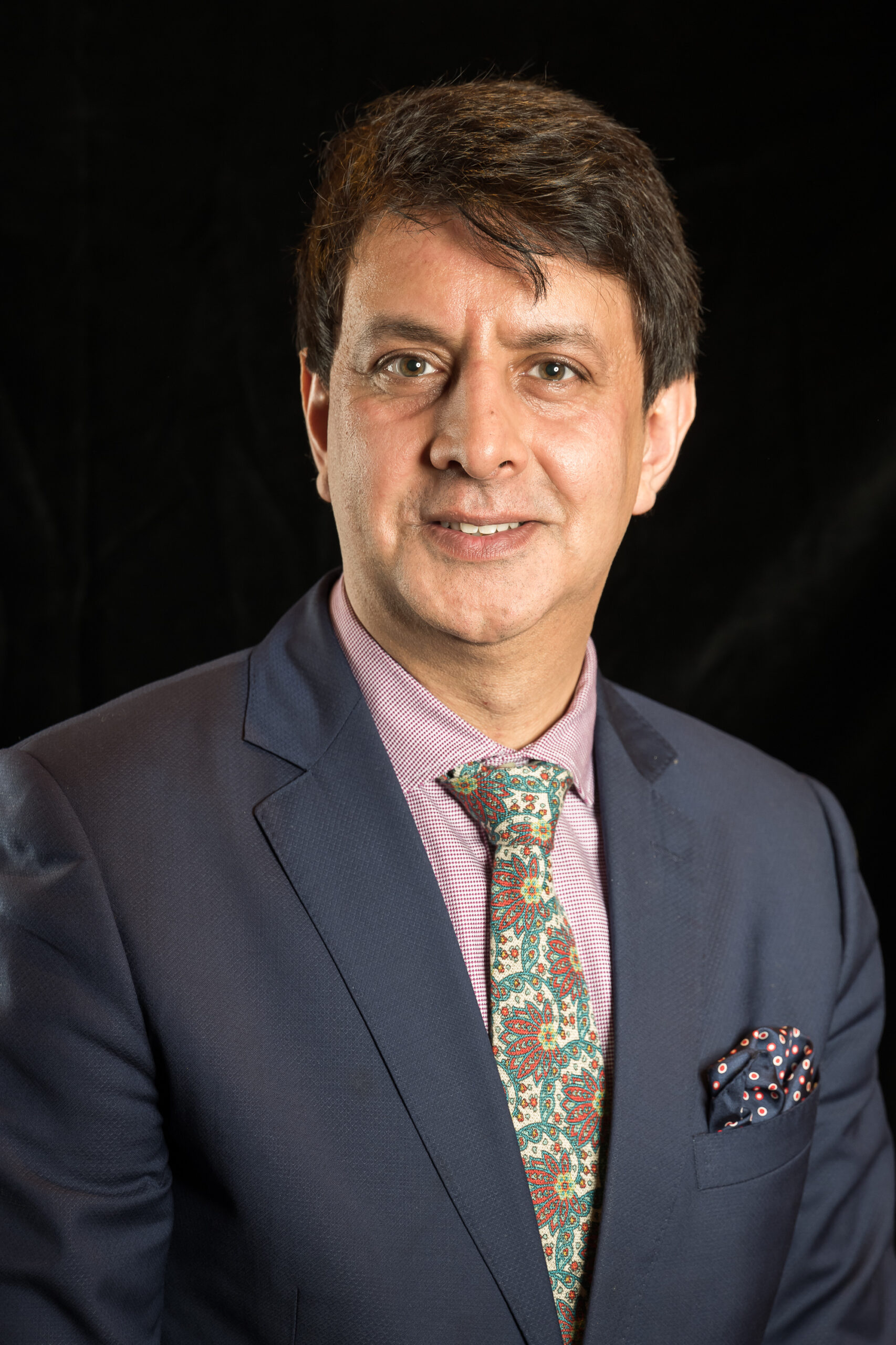

Omar Usmani is Professor of Respiratory Medicine at the National Heart and Lung Institute (NHLI), Imperial College London. His clinical interests are asthma, COPD and chronic cough and his research themes are in inhaled drug delivery, airways physiology and biomarkers, lung imaging, and digital e-health solutions.
Within the ERS, Omar has adopted an enthusiastic and collaborative approach to education and learning, representing Assembly 5 (Airway diseases, asthma, COPD and chronic cough).
As Secretary of Assembly 5 he led the ERS’s continuing professional development (CPD) initiative representing the topics of the Assembly, organised the PG Masterclasses in Asthma and COPD and contributed to the ERS Handbook of Respiratory Medicine. As a member of the ERS Fellowship and Awards committee, Professor Usmani was involved in reviewing applications for fellowships and Assembly 5 awards.
As current Head of Assembly, he has prepared a briefing on ‘How to prepare a good symposium’ and incorporated educational approaches such as pro-con debates on Assembly topics in the ERS congress programme and introduced a new skills session in oscillometry.
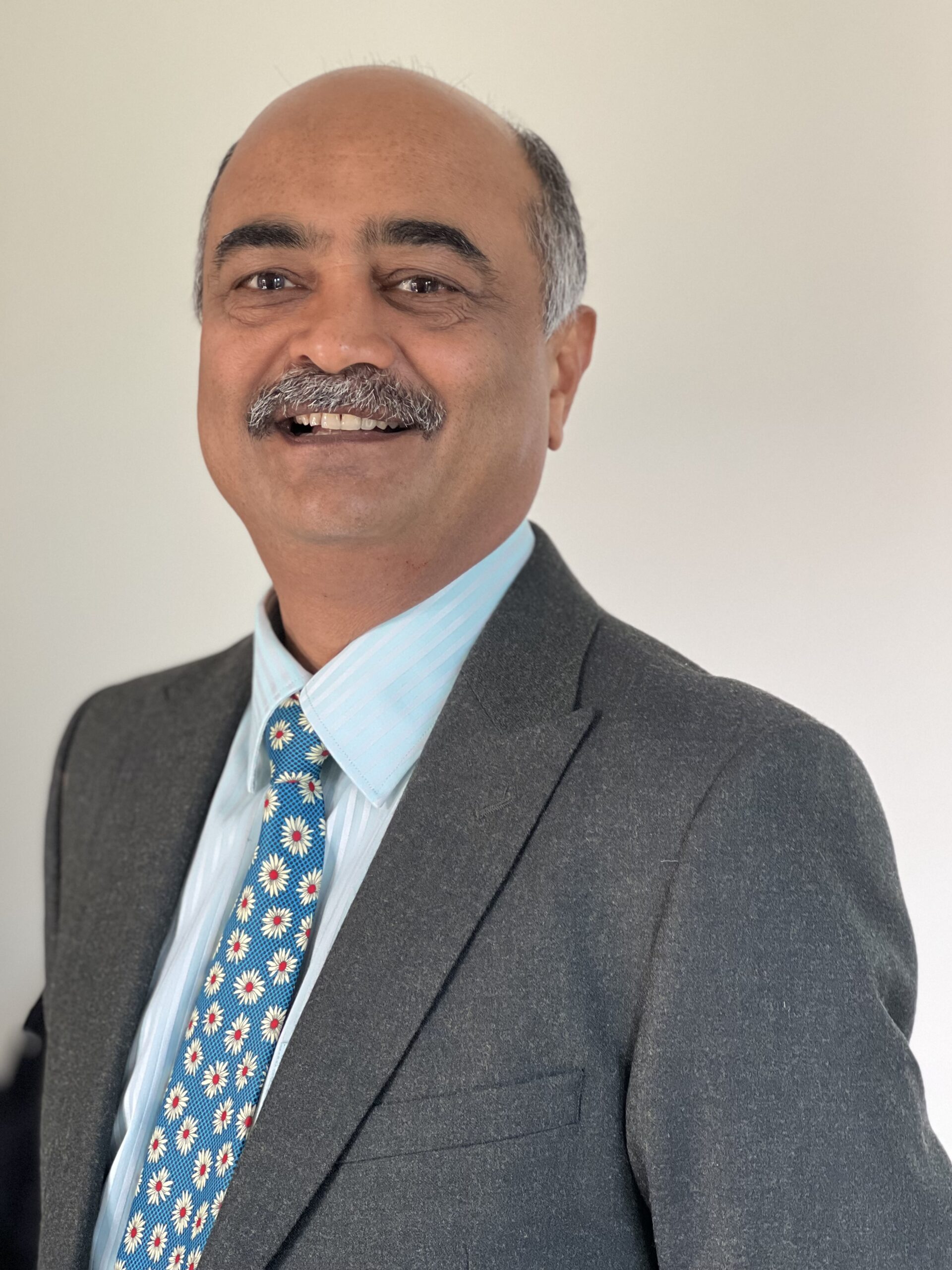

Dr Jayesh Mahendra Bhatt is a Consultant in Paediatric Respiratory Medicine (PRM) at Nottingham Children’s hospital. He looks after children with all respiratory problems, but his special interests include chronic lung disease of prematurity, orphan lung diseases, Cystic Fibrosis, asthma, pre-school wheeze and chronic cough.
In his various roles as a member of the Paediatric HERMES exam committee, curriculum revision committee, Associate Editor and Deputy Chief Editor for BREATHE ERS, he has developed a variety of educational content. This includes e-Learning courses for HERMES self-assessment and publications in the ERS monograph and ERS handbook. He has also led to organise educational events for the British Paediatric Respiratory Society.
As the lead author for “Myths & maxims in PRM” he has introduced and commissioned a series of reviews for BREATHE, which aim to generate a discussion around dispelling myths related to common clinical scenarios and thus consolidate practice-focused learning.
As BPRS president and vice president, Chair as well as Specialty training advisor of the College Specialty Advisory Committee for PRM for over 12 years, he has contributed to development and quality assurance for postgraduate training in PRM in UK. He is a postgraduate senior examiner for the Royal College of Paediatrics and Child Health and has won the Paediatric Awards for Training Achievement as Supervisor of the Year.
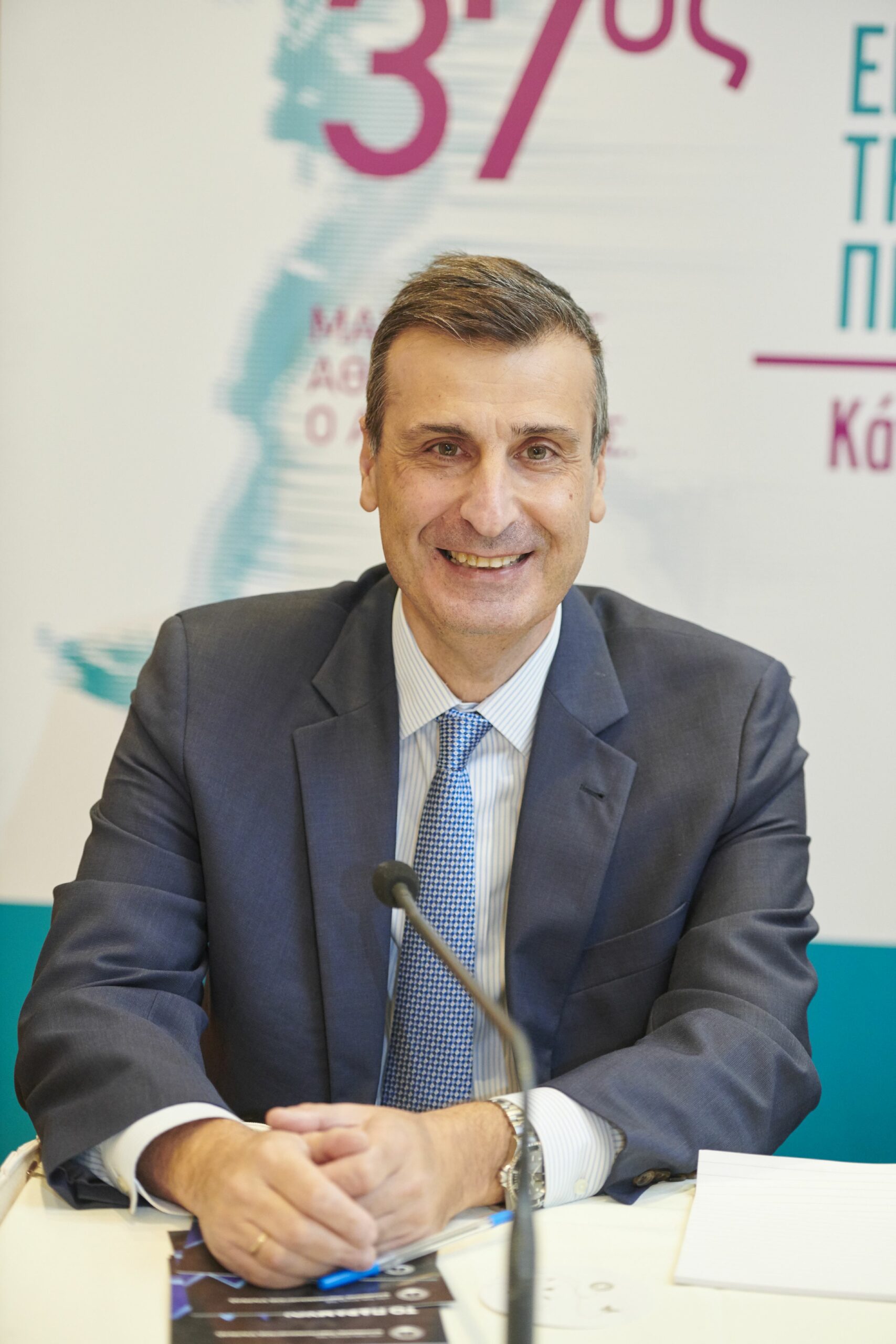

Stylianos Loukides has been working as a professor at the University of Athens in a large University hospital for the last 17 years. He tries to combine on a daily basis either clinical practice or/and training. It is often difficult but at the same time it is a constant challenge from which only positive elements can be drawn.
His educational involvement with ERS started from the level of the groups where he began to understand how important the educational process is for the society.
Of course, the big challenge was the 3 years of e-learning where in early 2020 he realized the importance of this educational approach. The pandemic radically changed education and essentially provided new possibilities that may have been otherwise underestimated.
Facing such scientific challenges creates anxiety but at the same time places us in a process where a multiple collaboration leads you positively and enables you to do what is called the ‘’continuous production of ideas’’. Education is not a simple process. Education is a multidimensional process where assessment and productivity have an important and simultaneously unique role.
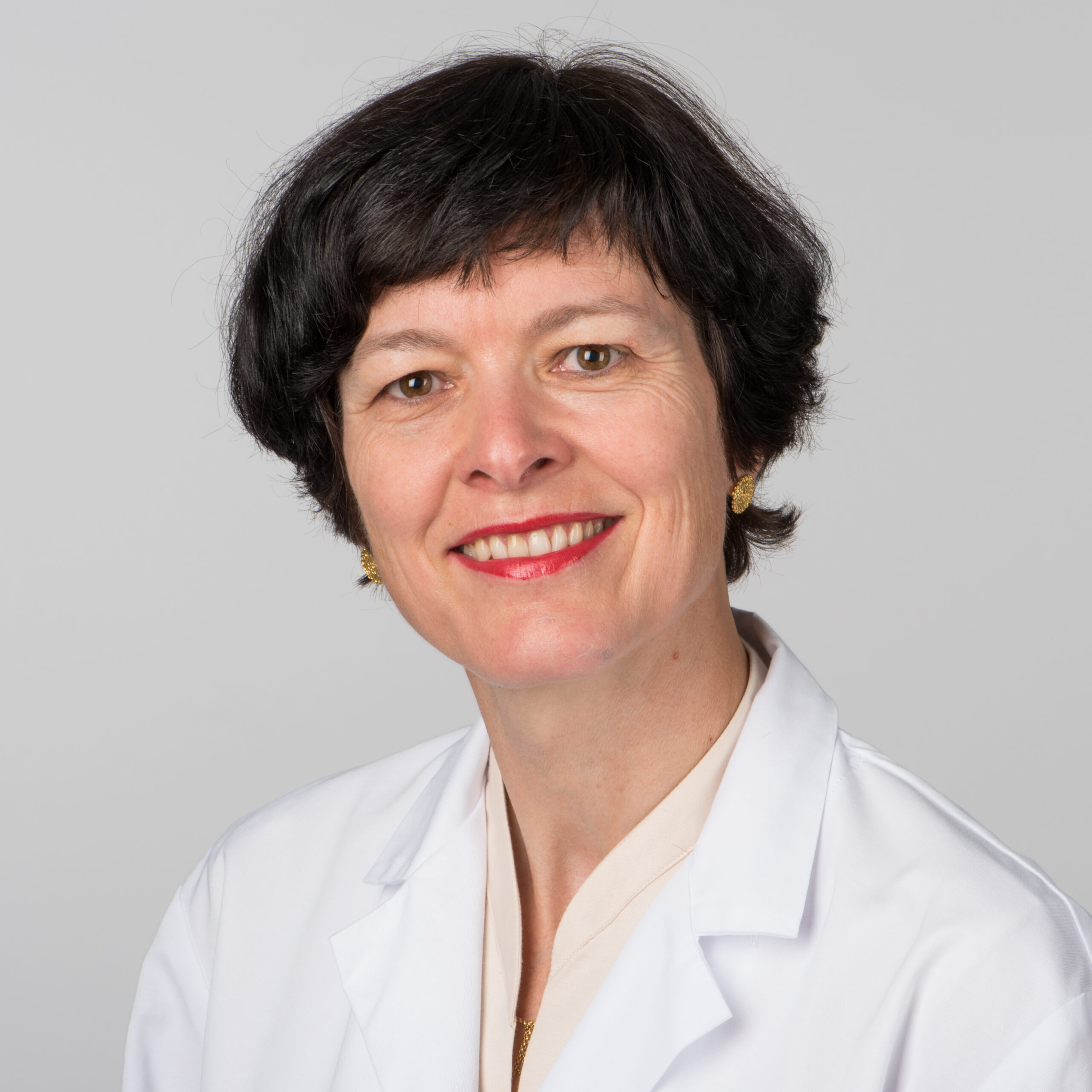

Silvia Ulrich is professor for respiratory medicine and deputy director of the clinic of pulmonology, University Hospital of Zurich, Switzerland.
Prof. Ulrich completed her medical training at the University of Basel, Switzerland and shortly after obtained the MD- degree of the University of Bern, Switzerland. After training at the University hospital of Zurich, she specialized in internal medicine and pneumology. In addition to her many clinical tasks and responsibilities, she is involved in education and research since the beginning of her career. She underwent research fellowships at the University College of London, UK, and the University of Colorado health science centre, and shortly after got elected Private Docent at the University of Zurich 2010, Professor in 2016, and Professor ad Personam 2020. Her science output amounts to over 125 original articles, 50 reviews and numerous case reports, book chapters and editorials.
Prof. Ulrich is involved in the Swiss national federal exam committee; the Swiss Federal exam objective structured clinical examination review board, and she became a member of the ERS-HERMES examination committee in 2012, holding the role of chair from 2015 to 2021. Prof. Ulrich was also very much engaged in disseminating research and education to other world regions, especially Central Asia and for these achievements she was awarded Honorary Professorship in Respiratory Medicine from the Kyrgyz State Medical Academy, Bishkek, Kyrgyzstan in 2018.
Prof. Ulrich continues her engagement for the ERS by being chair of the pulmonary hypertension group 13.1 and she is actively involved in organizing the ERS school on pulmonary hypertension.
The Early Career Member Award is intended to honour a promising early-career member of ERS based on potential for future scientific contribution as well as past and current engagement in the ERS.
The Industry sponsored Abstract Grants are offered to authors within the top best abstracts submitted within the topics of the supported fields. Abstract Grants are sponsored by pharmaceutical companies in different respiratory fields each year and offer travel grants of various amounts.
Excellence Grant in Clinical Physiology and Exercise (Financially supported by MGC Diagnostics)
ERS Best Abstract Grant in ARDS (Financially supported by CSL Behring)
ERS Grant for best abstract in Chronic Cough (Financially supported by Bellus Health)
The Zambon award on Oxidative Stress in Chronic Respiratory Diseases (Financially supported by Zambon)
The Zambon award on Bronchiolitis Obliterans Syndrome (Financially supported by Zambon)
The Zambon award on NCFB (Financially supported by Zambon)
ERS Best Abstract Grant for basic research in Lung Transplantation (Financially supported by CareDx)
Grants for Best Abstracts in Allied Health Professionals (Financially supported by MGC Diagnostics)
ELF Best Abstract Grant for Healthy Lungs for Life
ELF Travel Grant for Best Abstract in Patient Centred Research
The ERS sponsored Best Abstract Grants in Assembly are offered to authors having the best graded abstract within each of the 14 ERS Assemblies.
The Congress Sponsorships are offered to a limited number of abstract authors from scientifically developing countries to attend the Congress and present their abstract.
The Young Scientist Sponsorships are offered to a limited number of authors of high quality abstracts and in early stages of their career to attend the Congress and present their abstract.
Presented to: Lucas Kimmig
In recognition of achieving first place in the examination.
Presented to: Tine Van Ackere and Samriti Gupta
In recognition of achieving joint first place in the examination.
The William MacNee Award
The William MacNee Award
The Geoffrey Laurent Award
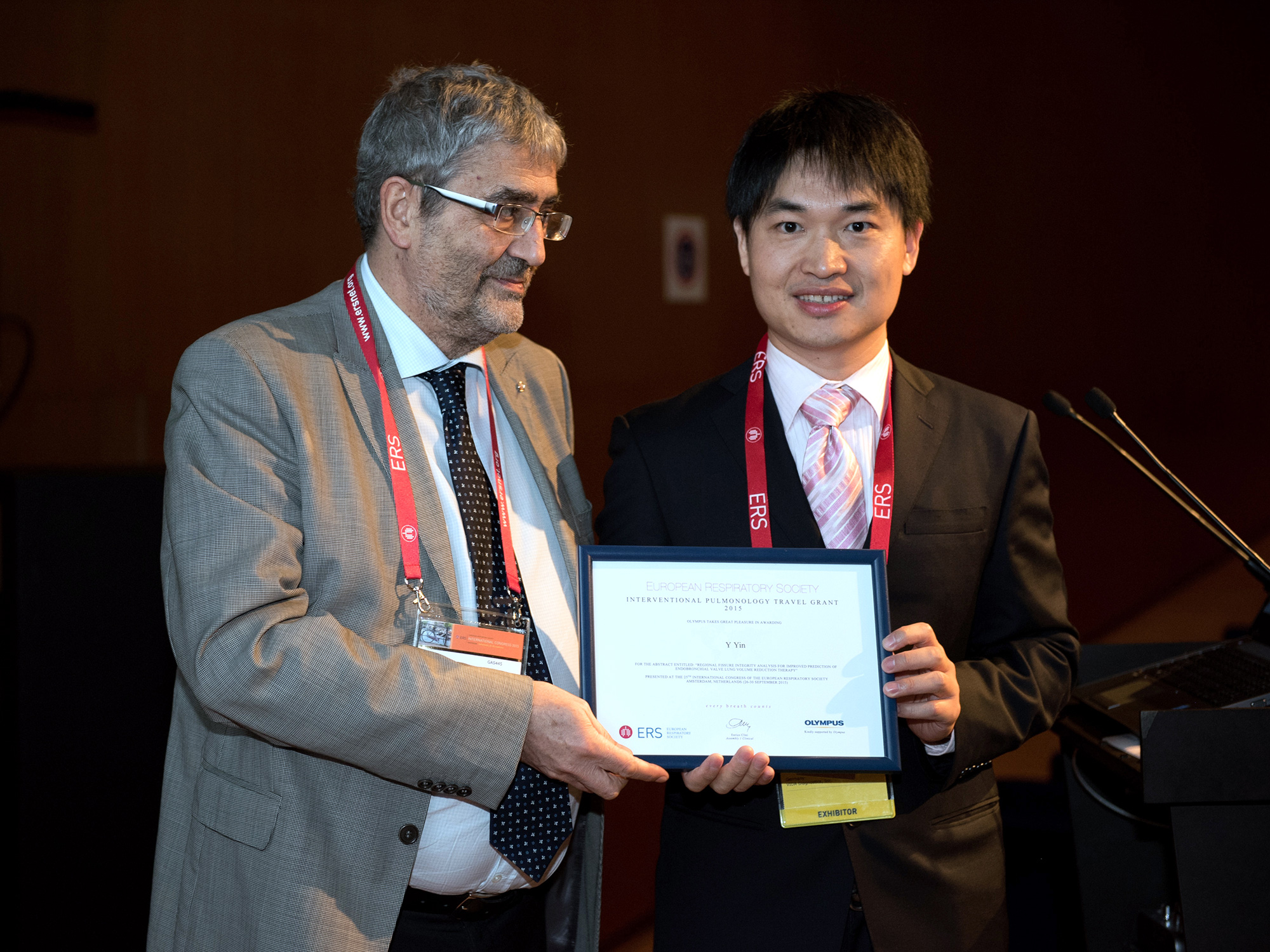

The list of award recipients is a long and distinguished one. Past recipients continue to be celebrated with an acknowledgement in our Hall of fame.
Visit the Hall of fame